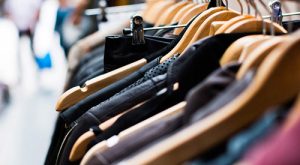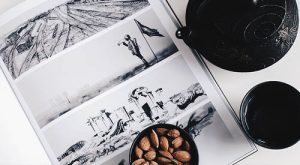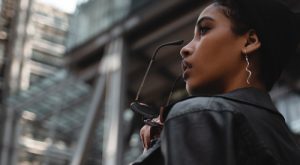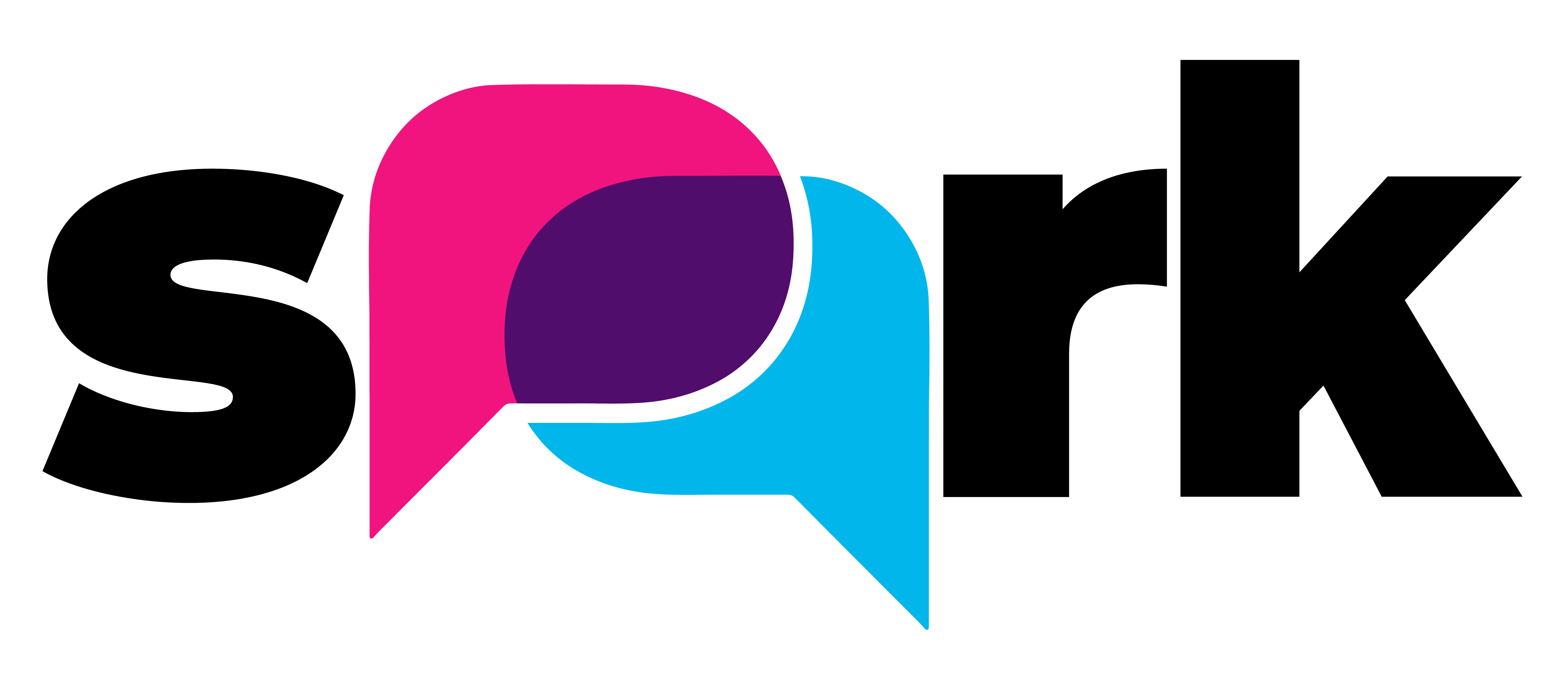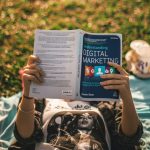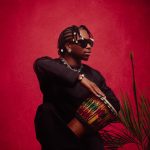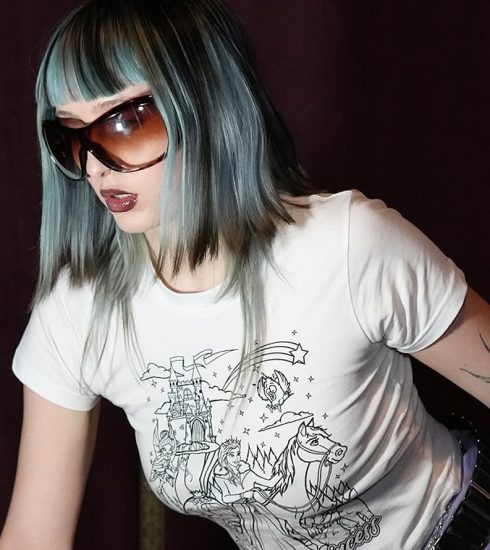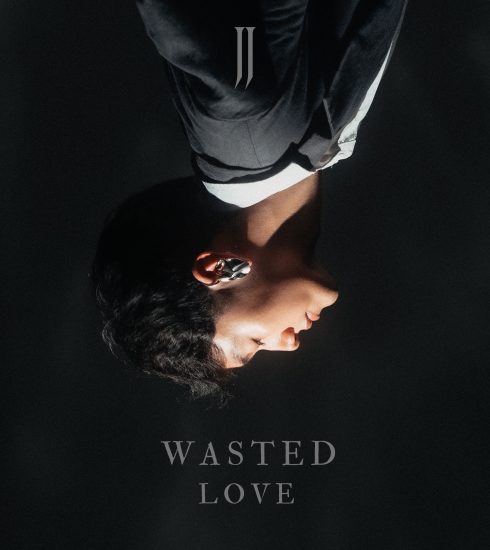Rapper R.B.D talks about new project ‘Addicts Anonymous’
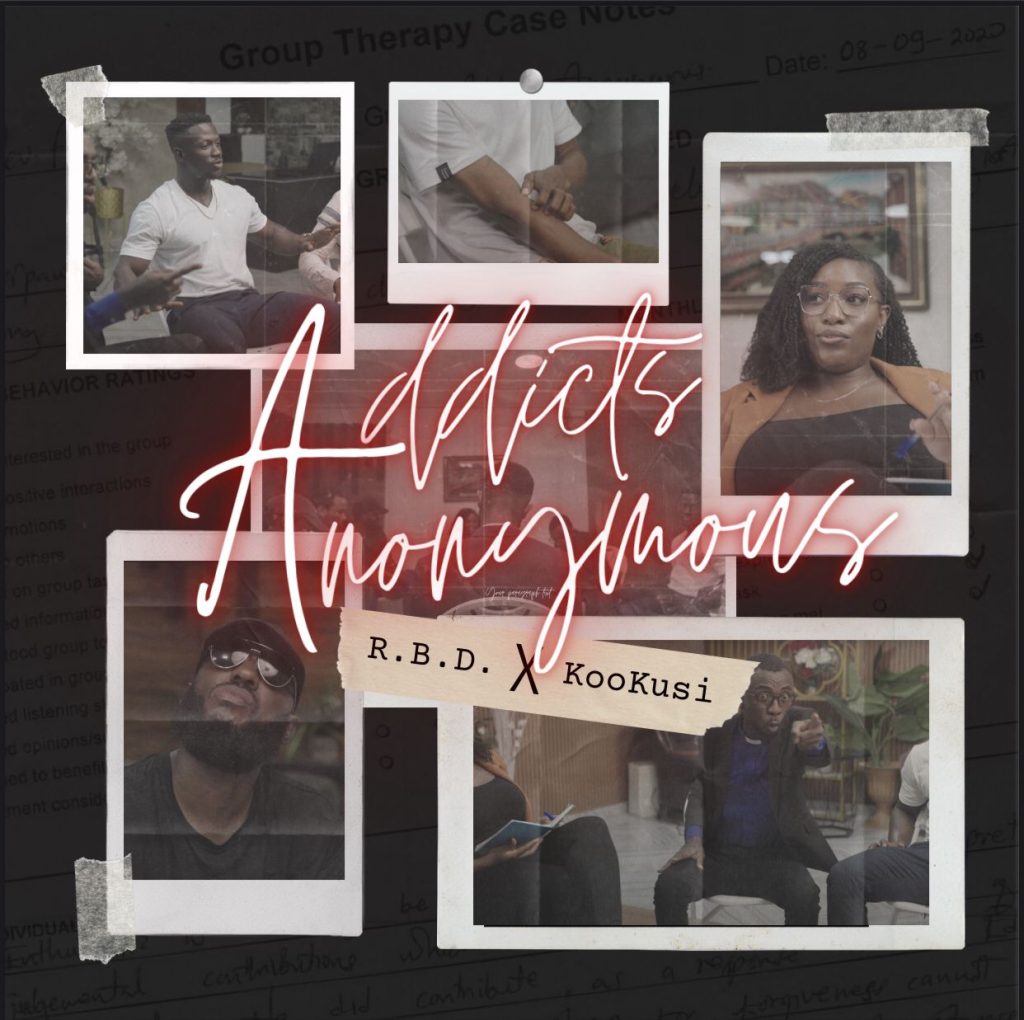
Every now and then we get a rap project that is both lyrically remarkable and socially responsible. This is what the collaborative effort by two of Ghana’s finest emerging rappers has produced, Addicts Anonymous; a collaborative project by R.B.D and Kookusi that they made together to address the stigma associated with Addictions. This project tells the story from the perspective of Addicts.
We caught up with lawyer and rapper R.BD, one half of the duo to talk about the journey of producing this body of work, his creative inspiration and how he wants fans to respond to the project.
Spark: What inspired you to explore addiction from the perspective of the addicts in your project?
RBD: More like a “who inspired” for me. Kookusi did. The subject matter of my music is usually myself, but since working with KooKusi on Nowhere Cool, I have become more interested in exploring social topics through music. So when we got to talking about what we could potentially collaborate on, he suggested addiction. Then I came up with the idea of a focus group kind of plot where we both embody each of the addicts.
Spark: Is this a form of therapy for you or you just want to create awareness? Or both?
R.B.D: I don’t really see it as therapy for me. But yeah, awareness. I just really wanted to empathize with people struggling with such issues, through storytelling, and also, from a non-judgmental standpoint. Additionally, in a subtle way, we are suggesting therapy for anyone who’s struggling with any kind of addiction or mental health issue. Because in our part of the world, mental health issues are really downplayed. If you are sick of Malaria for example, you find no problem with seeking medical attention at the hospital. Right? But ironically, you draw the line at a situation where the power house of your body, which is the brain, is in trouble?
Spark: Can you describe the process of researching and understanding the experiences of addicts for this project
R.B.D: It took about a year for us to come up with this. Much planning and thought went into this project. We had to read a lot of articles, watch interviews, and dissect things properly to really understand how the various people struggle with the addictions. And not to glorify addiction or anything but, it was kind of beautiful to realize how everyone’s perspective was unique.
Spark: Who are the other people who contributed to this project in any other way, be it producers and other artiste who featured
R.B.D: There are only two featured artists — AratheJay and Anabel Rose. For the producers, we’ve got RDee Beatz on the general mixing and mastering of the entire project. He produced the first song “SEX” as well. Other producers include Christoven (“POWER”, “SCREEN” and “DRUGS”), and then Wolfbite who produced the lead song of the project “MONEY”.
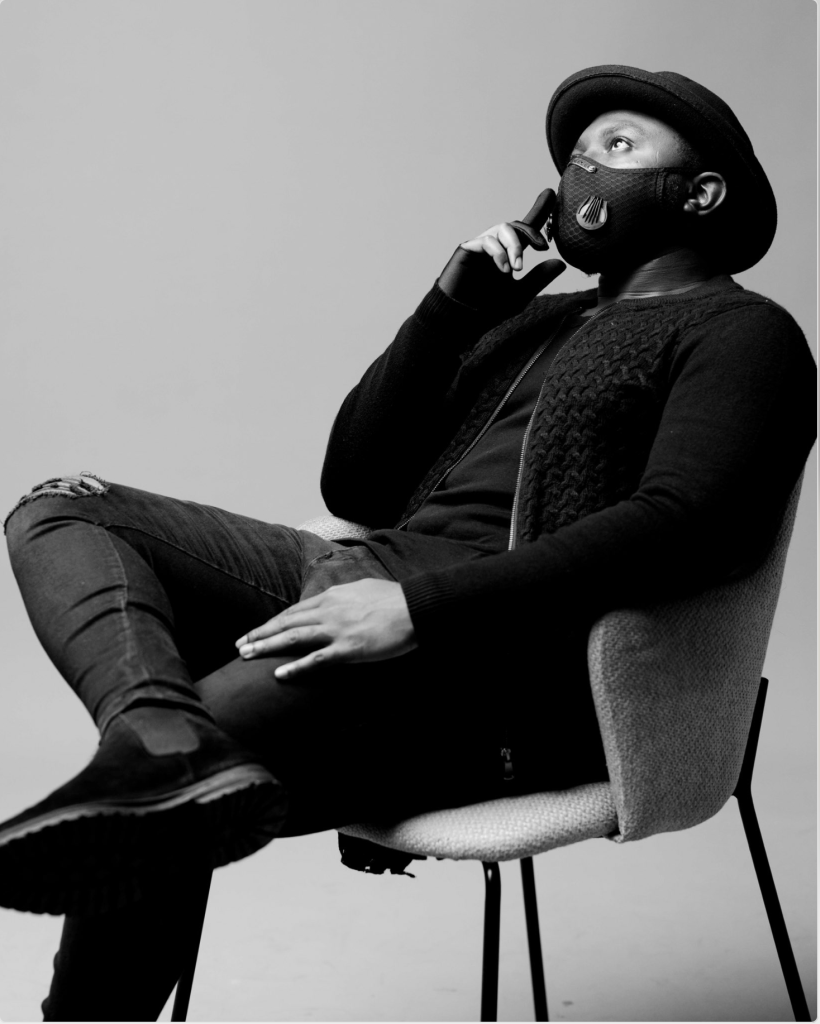
Spark: How do you ensure that your portrayal of addiction is authentic and respectful to those who struggle with it?
R.B.D: We tried our best to be non-judgmental, first and foremost. And as I mentioned, we actually researched on each topic before penning down the lyrics.
Spark: Were there any personal experiences or stories that influenced the creation of these songs?
R.B.D: The stuff I got from the articles and interviews were rich enough to cover my lyrics. Admittedly, I may have sneaked in stories of some close friends but I was sure to not make it obvious.
Spark: How did you approach writing about such intense and often painful subjects while maintaining artistic integrity
R.B.D: After gathering the required information, I listened to the beats first. For me, the beat typically determines the mood of the lyrics and my cadence. For example, if the beat gives off a sad melancholic vibe, best believe the rap is going to be sad and emotional. Additionally, because we wanted this tape to be very relatable, I had to be as raw as possible and not do too many punchlines or metaphors, which can easily take away from the focus of the message.
Spark: Can you share a specific song from the project that holds the most significant meaning to you and why?
R.B.D: I would say “DRUGS”. I was in a really depressive state in the final quarter of last year. The beat for DRUGS came in around that time and inspired the heavy lyrics on that song.
Spark: What was the most challenging addiction to write about and why?
R.B.D: The most challenging one for me to write about was POWER. Not gonna lie, I hate this government. Writing lyrics that sort of empathized with these politicians was really hard for me to write. But sometimes I ask myself if I would have done things differently in their shoes.
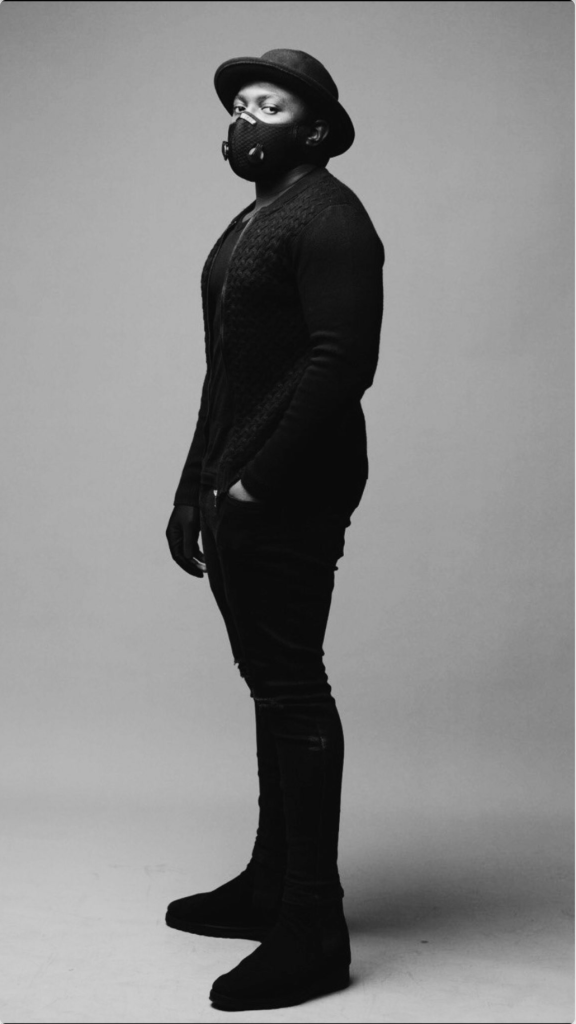
Spark: How did the process of creating this project affect you personally and artistically?
R.B.D: Artistically, it was challenging because KooKusi is a beast at storytelling. I did not want my lyrics to pale in comparison to his. And I love that about working with him, because he makes me bring my A- game. With the personal aspect, I think listening to the various interviews for the project made me view addictions in a new light. We all have our demons. So just because you are not addicted to drugs, money, porn or some other thing doesn’t mean you are a better person — because like I said, we all have our demons that we struggle with.
Spark: How do you think society’s perception of addiction has changed in recent years, and how does your project reflect that?
R.B.D: Addiction begins and ends in the mind. And I think as a society, Ghanaians haven’t really progressed that much in the mental health awareness department. There’s still a lot of judgment and stigma regarding addiction generally, especially with drugs or substance abuse. This project is just our small contribution to help change that narrative.
Spark: Can you talk about the role of social media addiction in your project and why you felt it was important to include?
R.B.D: It is funny. As humans, we probably need the world’s largest focus group for this very one because we have all become social media addicts. Or at least a majority of us are addicted to our screens. But interestingly, social media is not really seen for the addiction it is. Probably because the stakes may not be as high health-wise, in comparison with someone who’s addicted to say, drugs or sex. But just like any other addiction, it impacts us negatively in more ways than one – especially in our relationships with others. As much as social media has brought the world together by connecting us with people who live many miles away from us, it has drifted us farther apart from people we live under the same roofs with.
Spark: What has been the most surprising reaction or feedback you’ve received about your project so far?
R.B.D: So far with the feedback I have personally gotten, I think I didn’t expect the reaction to Money. But I’m not so surprised because whenever I write humorous songs about money (like Pro Bono and Glass Nkoaa), people tend to gravitate towards them.
Spark: How do you see your project fitting into the larger landscape of music addressing social issues?
R.B.D: This is one of those projects that I feel might not get the deserved recognition right away. But I know will be looked on very favourably by posterity. I just hope Kookusi and I both live long enough to get our flowers when it does.
Spark: What do you hope listeners take away from your songs about addiction?
R.B.D: Don’t do drugs….haha just kidding. I think the key takeaways from the project is, we’ve all got our demons. Instead of pointing fingers, let’s find ways to support each other and ultimately get rid of them or find ways to manage them.
Listen to the project on Spotify
Follow rapper RBD on his social media too
